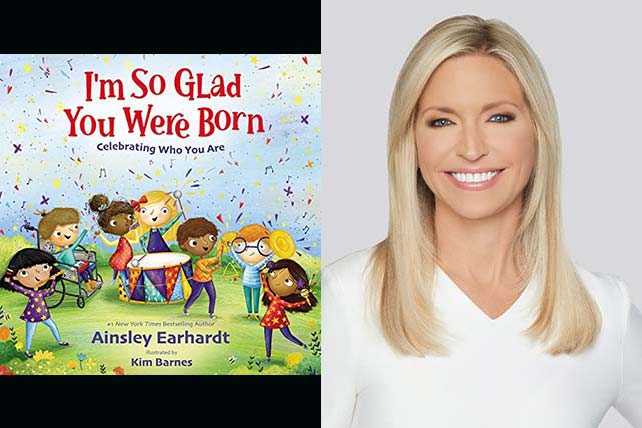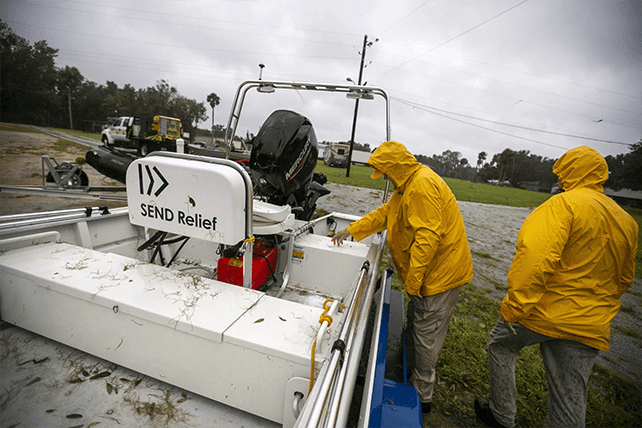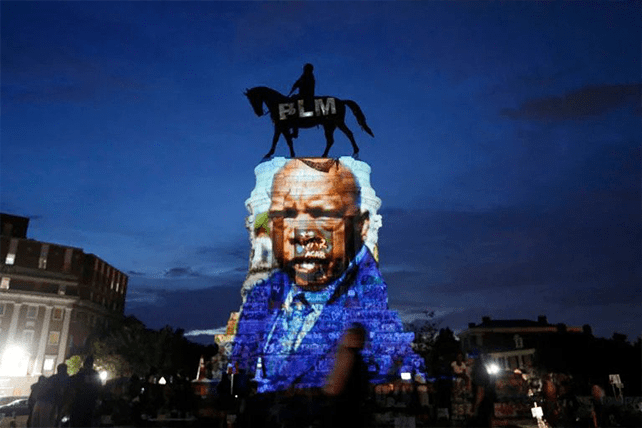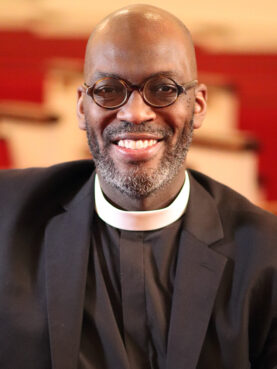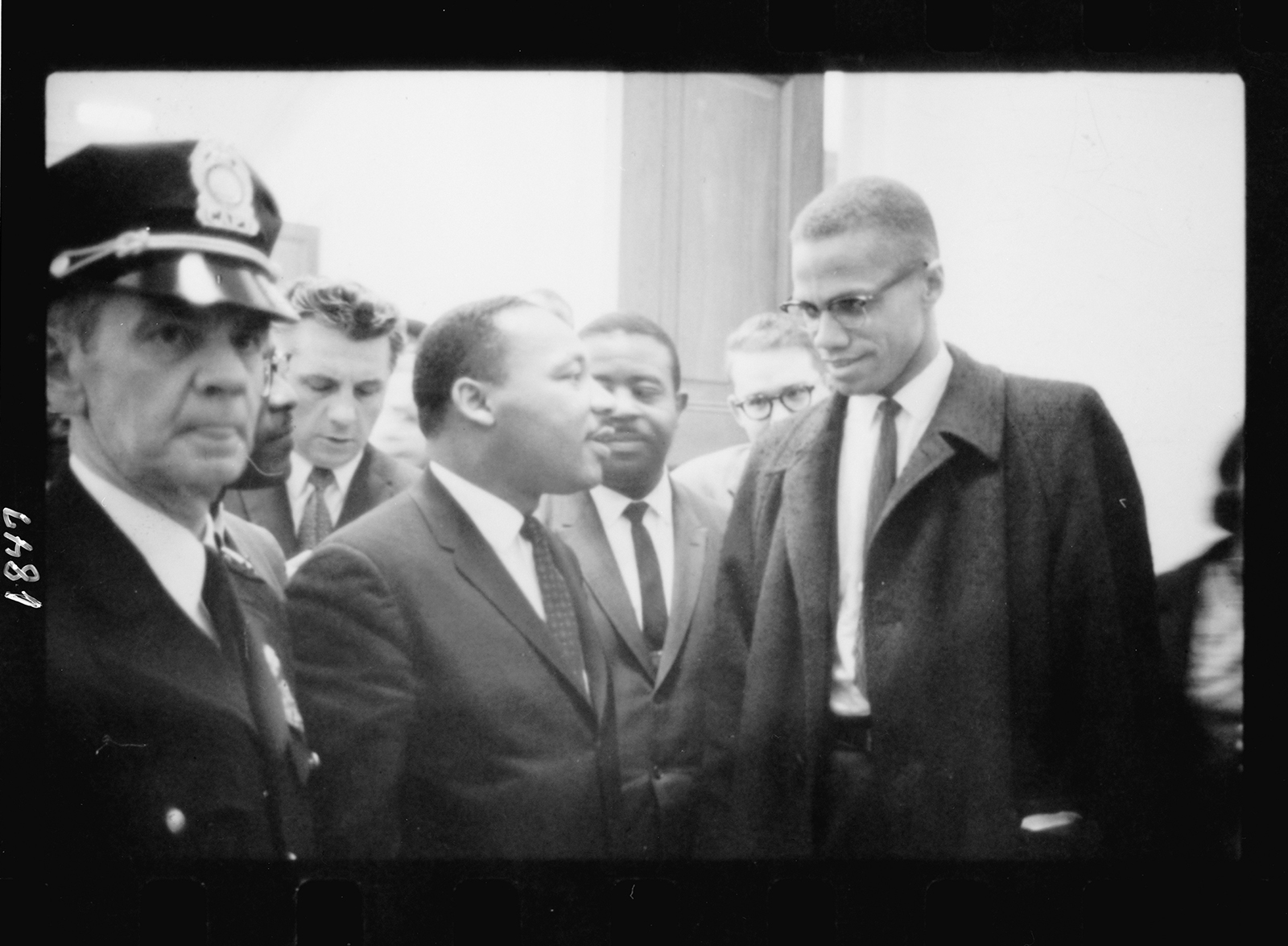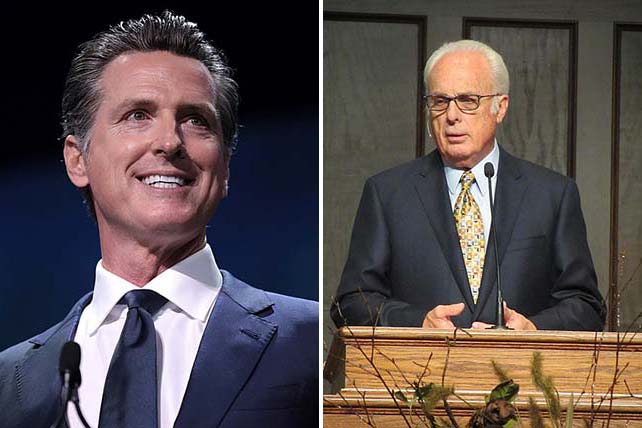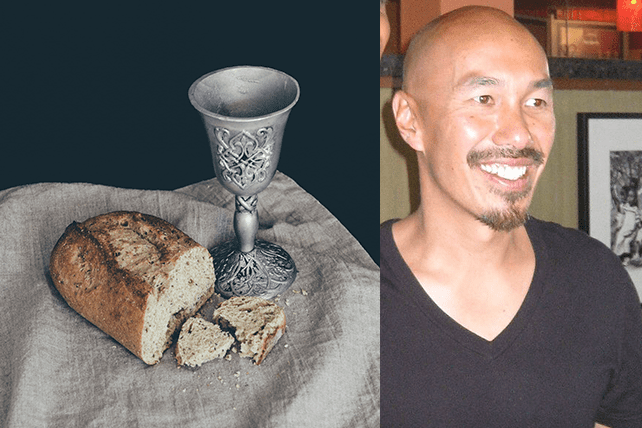Danny Gokey, three-time Dove Award winning singer and American Idol alum, told a crowded room of fans on Thursday night (Sept. 29) that when Jesus’ people compromise God’s Word, it affects not only them but the next generation.
Gokey’s latest album (2021) and current tour is called Jesus People. Earlier this month, the the 42-year-old singer posted a video on Twitter defining what it means to be Jesus People. Gokey repeated lyrics from his song “Jesus People,” describing them as “misfits and doubters, outcasts and cowards who have been changed by His love.”
Jesus People are “radical and willing to leave everything behind to stand up for what we believe. We’re bold. We’re unstoppable and we’re unashamed. We’re hope givers and gospel sharers,” Gokey continued, encouraging fans to share how God’s love has changed their lives.
ChurchLeaders met with Gokey just moments before he took the stage on the opening night of his “Jesus People” tour in Dayton, Ohio. Joining Gokey every night on tour is Tasha Layton and Jordan Feliz. ChurchLeaders asked Gokey how he’d encourage Christians in today’s broken world and what he hopes God accomplishes throughout the tour.
CL: In the world and nation we live in today where Christians are witnessing many of churches cave to society’s pressure and worldly influence out of fear, whether it be the sexuality movements, the pro-abortion movement, etc…How would you encourage Jesus People to stand strong on God’s Word and not to give into Satan’s lies while it seems more and more churches around them are failing to do so?
Gokey: Right now there is a faux righteousness and a faux morality that it seems like wokeism and the government has created and it plays on people’s fears. Looking at the scriptures, we see that the Pharisees were people who created a faux sense of righteousness, and it was by burdening down the people. As a matter of fact, they had such power that they influenced the government—remember they caused Jesus to be crucified.
The Scripture verse that I’ve been really meditating on today is 1 John 2:6, which says, “Those who say they live in God should live their lives as Jesus did (NLT). I think we’ve created our own version of Jesus where we think that Jesus would just all love—anything’s acceptable—because there’s examples in Scriptures for example where they throw the prostitute at Jesus’ feet to be condemned but he didn’t. It’s almost like that verse has become a-sort-of hyper focus on that type of loving grace, but Jesus told the prostitute, “Go and sin no more.” Jesus came with grace and truth. Notice how he gave her grace, but then He told her to “Go and sin no more.”
There’s a lot of trickery going on in our world right now. For instance, the government is trying to push out God and begin to create a form of godliness with no God in it—a form that tricks people. Not only do they start playing on people’s fear, but their ignorance, as they do regarding the abortion issue. They’re saying, “How dare dare you fight against abortion?” Just like Gavin Newsom is doing by putting billboards up and using the ”Love thy neighbor” verse. Newsom is a manipulative scoundrel-trickster. That man is corrupt, and he is tricking people, but he’s using people’s morality. So what he’s telling people is, “If you love your neighbor, you would really care about them, and not let them have the burden of their pregnancy.” He poses questions like, “Well, what about, ‘How are they going to pay for this?’” They ask questions that really can prick the heart a little bit and make someone feel like they’re a bad person for saying a mother should raise that baby because, “I’m not going to be in your life. I just think they should raise the baby.”
A lot of people in the pro-choice movement have sayings like, “Yeah, you just, you want to leave the let the baby live and then you leave.” That’s not not true. That’s such a lie. My wife and I support many pro-life organizations. But even if we didn’t, there’s a God who promises that He supplies all their needs. That type of trickery is is fear based. It’s always fear. You’re not going to have enough. You’re going to miss your dreams. Fear! Fear! Fear is the root of it. Then places like California are twisting people’s fears by telling parents to “let your kids have transition surgeries if they want it or we’re gonna take the kids away from you.” Now there’s that sense of fear.




